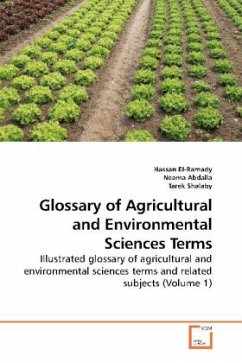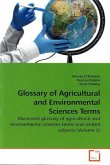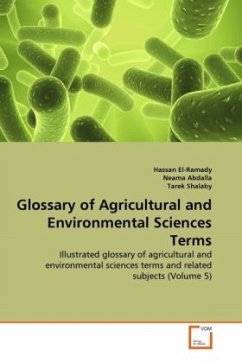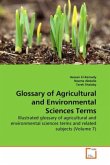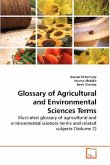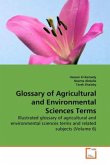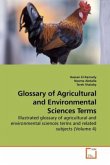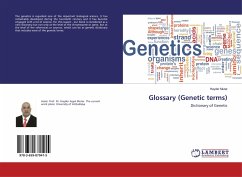Agriculture, science and practice of producing crops and livestock from the natural resources of the earth. The primary aim of agriculture is to cause the land to produce more abundantly and at the same time to protect it from deterioration and misuse. The diverse branches of modern agriculture include agronomy, horticulture, economic entomology, animal husbandry, dairying, agricultural engineering, soil chemistry, and agricultural economics. Agriculture is the production of food and goods through farming. Agriculture was the key development that led to the rise of human civilization, with the husbandry of domesticated animals and plants (i.e. crops) creating food surpluses that enabled the development of more densely populated and stratified societies. This illustrated glossary of agricultural and environmental sciences terms provides definitions of commonly used terms related to agricultural and environmental sciences written for students and teachers with a background in biology. We hope that this glossary is useful as a learning tool to the student attempting to assimilate the vast vocabulary of agronomy, plant sciences, microbiology, and other agricultural sciences.
Bitte wählen Sie Ihr Anliegen aus.
Rechnungen
Retourenschein anfordern
Bestellstatus
Storno

